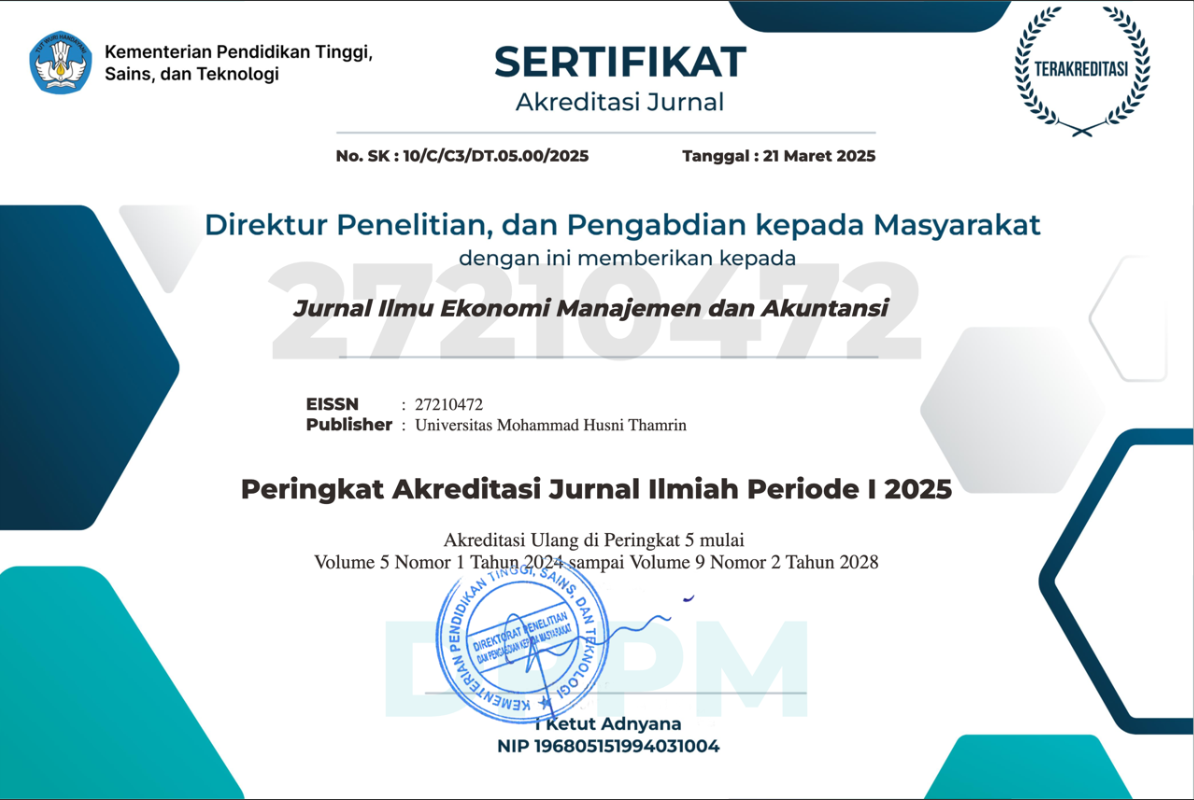Management Control Systems in the Digital Age: Concepts, Implementation, and Implications
DOI:
https://doi.org/10.37012/ileka.v6i2.3043Abstract
Management Control Systems (MSS) play a central role in ensuring organizational goals are achieved and are undergoing significant changes driven by digital technology. The use of big data analytics, artificial intelligence, and enterprise resource planning makes control processes faster, more accurate, and more real-time. This study aims to explain the concept of MSS in the digital era, examine its application in Indonesian organizations, and discuss the managerial and governance implications and emerging challenges. Since its introduction, MSS has served as a critical tool for managers to direct, monitor, and evaluate operational activities and corporate strategy. The research was conducted through a literature review combining narrative and systematic reviews based on the PRISMA framework, using accredited literature sources from 2020 to 2025. The study results indicate that digital MSS is no longer merely an administrative tool but has become a strategic instrument that helps organizations respond more adaptively to business complexity. However, cybersecurity risks, complex system integration, and internal cultural resistance remain key obstacles. Successful implementation is largely determined by the harmony between technology, human resource competency, a supportive organizational culture, and clear regulations. The contribution of this study lies in mapping the latest literature and providing practical recommendations for designing SPM that is adaptive, accountable, and in line with the dynamics of business digitalization.
Downloads
Published
Issue
Section
Citation Check
License
Copyright (c) 2025 Rodiah Aprilia, Dilla Ayu Kartika, Yuliana Dewi Siregar, Jufri Darma

This work is licensed under a Creative Commons Attribution 4.0 International License.
Jurnal Ilmu Ekonomi Manajemen dan Akuntansi (ILEKA) Universitas Mohammad Husni Thamrin allows readers to read, download, copy, distribute, print, search, or link to the full texts of its articles and allow readers to use them for any other lawful purpose. The journal allows the author(s) to hold the copyright without restrictions. Finally, the journal allows the author(s) to retain publishing rights without restrictions Authors are allowed to archive their submitted article in an open access repository Authors are allowed to archive the final published article in an open access repository with an acknowledgment of its initial publication in this journal.

Jurnal Ilmu Ekonomi Manajemen Akuntansi (ILEKA) Mohammad Husni Thamrin is licensed under a Creative Commons Attribution 4.0 International License.











